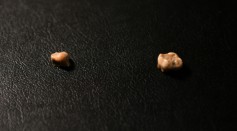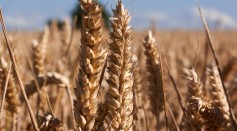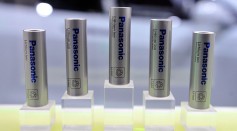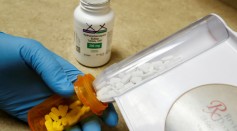zinc

Asteroids Contribute to Around 6% of Earth’s Mass; Ryugu Helps Specialists Know More About the Solar System

People Can Now Make Metal Snowflakes With Zinc’s Help!

What Did Neanderthals Eat? Ancient Tooth Provides Insights Into the Extinct Species' Diet Conundrum

Sustainable, Biodegradable Battery Made From Crab Shells Might Be the Future for Renewable Energy

New Organic Farming Approach Developed with Nanofertilizers for Better Crop Yield

Winter is Coming: What Immune-Boosting Supplements Should You Get This Season?

Zinc Dietary Supplement May Help Ease Initial Sign of Common Cold, Lessen Respiratory Tract Infection

Anode-Free Zinc-Based Battery Is the Future of Renewable Energy Storage

Yale Epidemiologist: Hydroxychloroquine Should be Used as Standard COVID-19 Treatment Despite Being Potentially Harmful

Hydroxychloroquine, Azithromycin, and Zinc Triple-Combo Proved to be Effective in Coronavirus Patients, Study Says
Most Popular

How Technology Is Changing the Real Estate Industry?

Study Reveals High Turnover in Scientific Research Careers: What This Means for Future Scientists

How a Plant-Based Diet Can Protect Against Breast Cancer: Insights from Nutrition Research

Why It's So Difficult to Lose Weight: The Biological Explanation Behind Obesity





